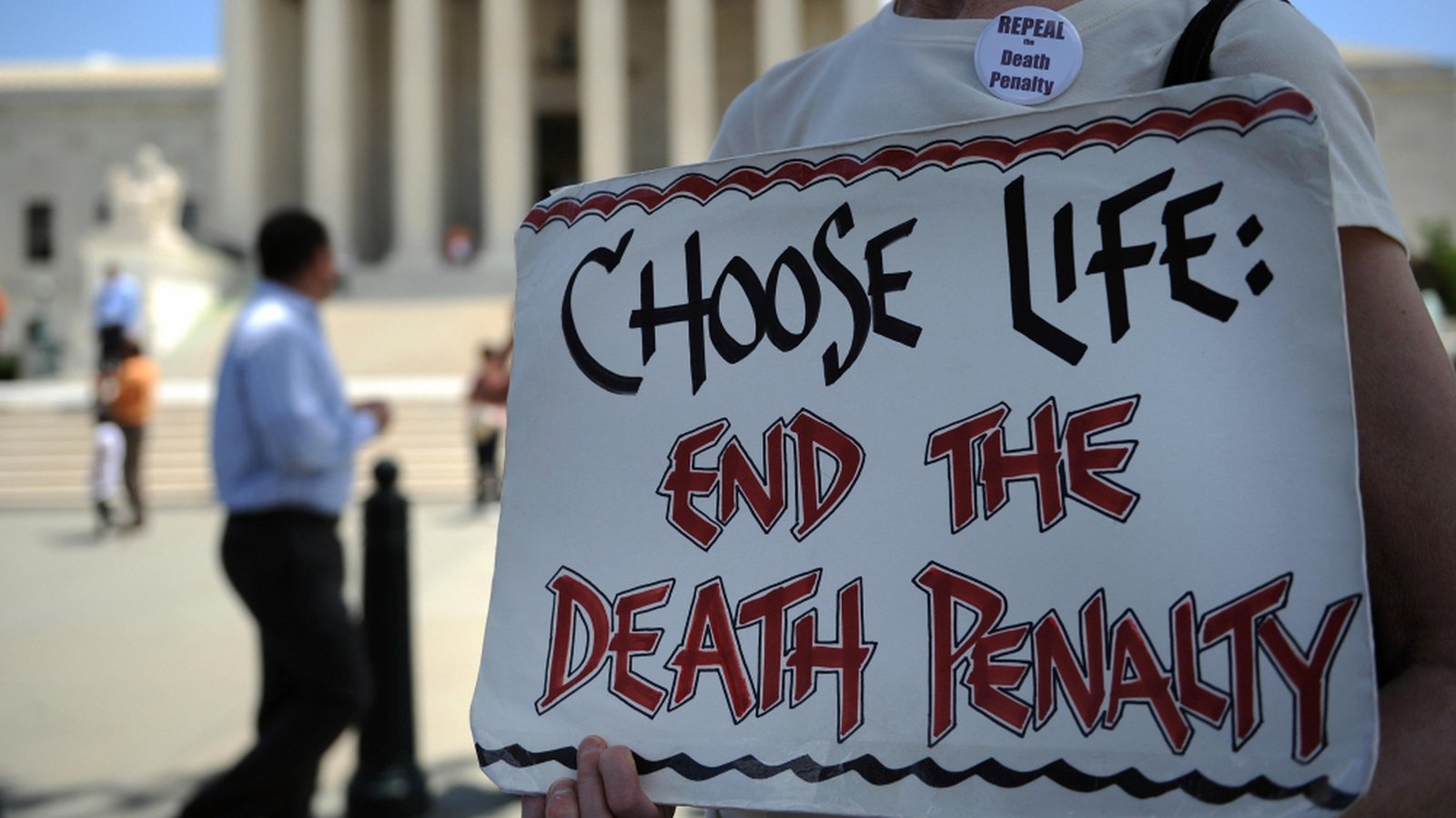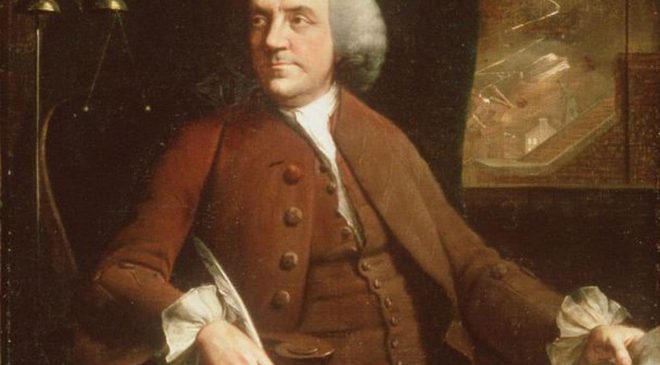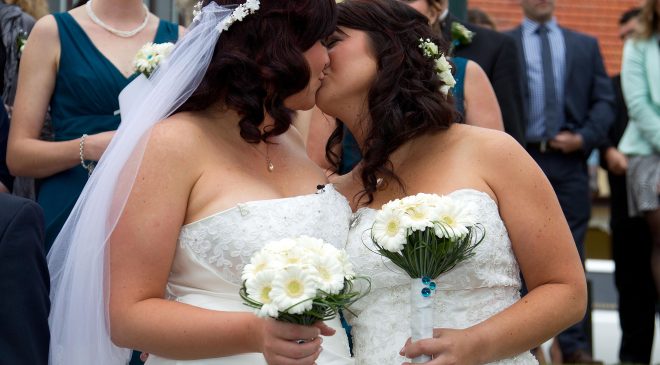On Valentine’s Day in 2018, Nikolas Cruz murdered 14 students and three school employees at Marjory Stoneman Douglas High School in Parkland, Florida. More than four years later, a jury determined that Cruz’s crimes made him eligible for the death penalty, but did not unanimously vote to recommend that penalty. That absence of unanimity means Cruz will instead serve life in prison without the possibility of parole.
While it’s a stretch to say that the jury made the right decision — the vote was 9-3 in favor of death — those three votes did prevent it from making the wrong decision.
Yes, some crimes are so heinous that they merit death.
If Cruz had been killed at the scene of the crime, in immediate defense of innocents and when split-second decisions had to be made, I’d be the last to criticize his killers.
But trusting the state with the power to kill disarmed prisoners in cold blood and with premeditation is never a good idea, for two reasons.
One is that any time we trust the state with power of any kind, mistakes will inevitably be made.
The other is that any time we trust the state with power of any kind, political considerations will affect how that power is exercised.
The difference between most mistakes and political considerations and this particular type is that in most cases the damages can be at least partially remedied. The victims can take the government to court or vote the calculating politician out of office. Those wrongly convicted of crimes can continue to seek exoneration and freedom.
But dead is dead. The executed prisoner can’t be freed. No damage award can make the executed prisoner whole. If the governor who signed a death warrant because he needed that 1% edge in the polls from the “tough on crime” crowd loses his next election, the executed prisoner can’t rise from the grave and take up his or her life where it left off.
The Death Penalty Information Center’s Innocence Database lists 190 persons sentenced to death in the United States, but later exonerated, since 1973. The group also provides 20 examples of actual executions of likely innocent convicts.
Does Nikolas Cruz deserve to die? In my opinion, he does.
Do the rest of us deserve to live with the possibility of wrongful execution hanging constantly over our heads? No.
To spare the innocent, we must deny the state power to kill the guilty.




